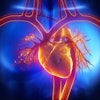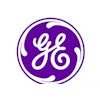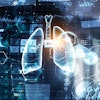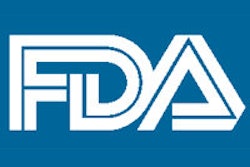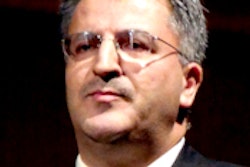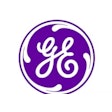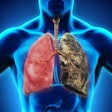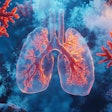Dear CT Insider,
CT lung cancer screening is charging ahead in the wake of its recent recommendation by the influential U.S. Preventive Services Task Force.
As various stakeholders weigh in with their recommendations for how and if population-based screening should proceed, the American College of Radiology is preparing a classification system for findings, institutions are drafting their own guidelines for screening, and the U.S. Centers for Medicare and Medicaid Services is fine-tuning the questions it wants answered for a planned April 30 meeting to discuss evidence gaps and potential screening scenarios.
Nearly all the activity stems from the 2011 publication of results from the National Lung Screening Trial (NLST), which showed a 20% mortality benefit from annual low-dose CT screening of high-risk smokers and ex-smokers. Where do we stand today? Who is working on ways to make screening more cost-effective?
It would be hard to find a more enlightening source for these questions than the principal investigator for NLST, Dr. Denise Aberle from the University of California, Los Angeles. At the recent European Congress of Radiology (ECR) in Vienna, Dr. Aberle offered an insider's view of the current thinking on lung cancer screening. You'll find it in this edition's Insider Exclusive, brought to you as a subscriber before our other members can access it.
Dr. Aberle's talk stood in counterpoint to an ECR 2014 presentation by Dr. Mathias Prokop, PhD, from Radboud University Nijmegen in the Netherlands. Dr. Prokop talked about the unique role of European lung cancer screening, in a story you'll find right here.
Also at ECR, a new analysis of NLST data from Case Western Reserve University and the Cleveland Clinic found that, indeed, lung cancer rates increase substantially for those with longer smoking histories. How substantially? Look for the story here.
As if they ever left us, radiation hazards are in the news again with a new report from the U.S. Food and Drug Administration showing that device recalls, mostly for radiation, have skyrocketed since 2010. Get the grim recall totals for CT scanners, linear accelerators, and even radiology image processing systems by clicking here.
Meanwhile, in Florida, a federal probe of alleged irregularities in a Veterans Affairs health system has concluded without penalties or recommendations, according to a new report. A few allegations -- for example, one stating that contrast CT exams were performed in patients with documented allergies to contrast agents -- were not disputed, but the investigators noted that no patients died as a result. You'll find the entire saga here.
Do people really do a lot of scanning for headaches? People do, and most of the time they shouldn't, according to a new study from the University of Michigan.
Last but not least comes a report indicating that slightly higher contrast concentrations can boost heart rates to the point where they blur coronary CT angiography images. You'll find the story right here in your CT Digital Community, where you can count on the latest, and occasionally the oddest, news from the world of CT. We invite you to scroll through the links below for the rest of our CT coverage.

